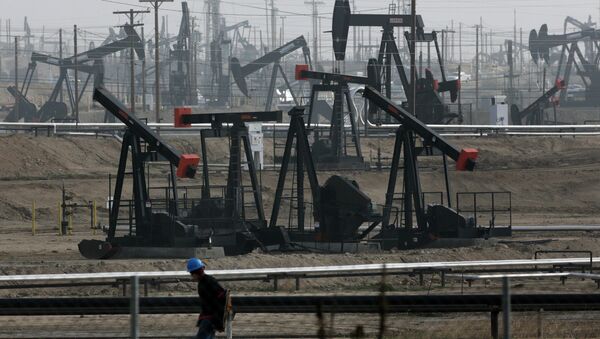The flow of US crude will be life changing for many European companies, the analyst underscored. In the long-term perspective, the US is poised to take market share away from Russian energy firms.
Currently, Russia is the major oil and natural gas supplier to Eastern Europe and Germany. Lifting the ban might place "US oil in a direct market battle with Russia in Europe even if the net change in the petroleum market balance remains relatively stale," Rapoza wrote in his article for Forbes. Particularly, the Baltics looking for alternatives to Russian oil and gas would have options.
Nevertheless, oil exports may not be lucrative for the US and change the balance in the global market. The main reason is that US crude is far and more expensive for Europe than Russian oil.
Rapoza noted that before the ban was lifted the US allowed some exports of crude. So far this year, the US has exported 475,000 barrels of crude, most of it to Canada. The exports are unlikely to rise in the coming years, the analyst pointed out.
On Friday, President Obama signed a $1.1-trillion spending bill including lifting the crude export ban as well as a number of tax breaks worth $680 billion.


